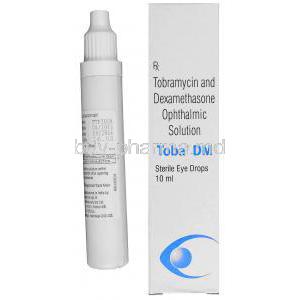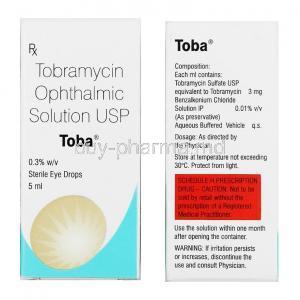Carboxymethylcellulose
Uses
Carboxymethylcellulose is used in the treatment of dry eye disease.
How it Works
Carboxymethylcellulose is known as artificial tears. Carboxymethylcellulose works by moistening the surface of the eye in the same way as natural tears does thus reducing the symptoms of dry eye disease.
Common Side effects
Some of the potential side effects of Carboxymethylcellulose include the symptoms below;
Allergic reaction,
Foreign body sensation in eyes,
Increased production of tears,
Blurred vision,
Eye discharge,
Eye itching,
Eye pain,
Eye irritation,
Eye redness,
Visual impairment
N-Acetylcarnosine
Uses
N-acetylcarnosine is used in the treatment of cataract
How it Works
N-Acetylcarnosine is known as an anti-oxidant. N-Acetylcarnosine is similar to the substance called L-carnosine in the eye. N-Acetylcarnosine prevents and reverses the hardening and clouding or discoloration of the eye lens thereby preventing and treating age-related cataracts.
Common Side effects
Patients who take N-Acetylcarnosine may suffer from such side effects;
Tingling sensation
Glycerin topical
Uses
Glycerin topical is used for the treatment or prevention of dry, rough, scaly, itchy skin and minor skin irritations
How it Works
Glycerin topical works by forming an oily layer on top of the skin that works to trap water on the skin and helps with water retention
Common Side effects
Patients who take Glycerin topical may suffer from such side effects;
Burning,
Stinging,
Redness,
Skin irritation















